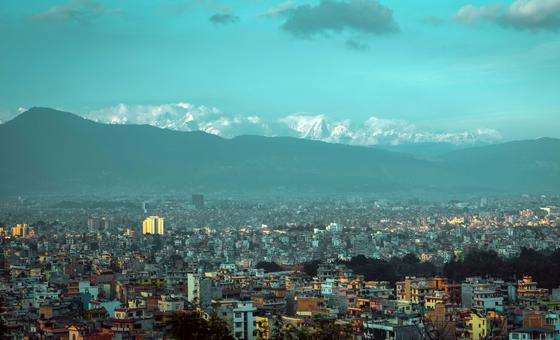“Eighteen years since the end of the decade-long conflict, and after several previous attempts to finalise such legislation, victims of human rights violations are now closer to knowing the truth, accessing justice, and obtaining reparations,” Mr. Türk said.
The amendment bill, entitled the Investigation of Enforced Disappeared Persons, Truth, and Reconciliation Commission Act, aims to ensure truth and accountability for serious human rights violations committed by all parties during Nepal’s civil war.
The commission will also oversee mediation efforts and make recommendations to the Government to provide reparations, relief, and support to the victims and their families.
Civil war
Nepal’s civil war was fought between the Royal Nepal Army and the Communist Party of Nepal from 1996-2006. It was characterised by significant human rights abuses, resulting in 13,000 people killed and 1,300 missing.
Throughout the war, the UN human rights office (OHCHR) documented unlawful killings, enforced disappearances, torture, arbitrary arrests, sexual violence, war crimes and crimes against humanity by both parties.
The conflict ended with a peace agreement that led to the abolition of the monarchy and the establishment of a federal democratic republic in Nepal. The peace agreement also ensured that parties committed to establishing the truth and ensuring the victims received both justice and reparations.
‘Global example’ of peaceful transition
In welcoming the adoption of the new transitional justice law, Mr. Türk commended Nepal to have become “a regional and global example of a successful peaceful transition towards democratic, constitutional, and federal governance”.
He affirmed that his Office is ready to assist the Government of Nepal and its people in taking “this crucial phase of the peace process forward”.
“Transitional justice is a powerful instrument to break cycles of violence and impunity, and a unique opportunity to revisit some of the rooted inequalities and discrimination that led to the conflict,” the rights chief concluded.

